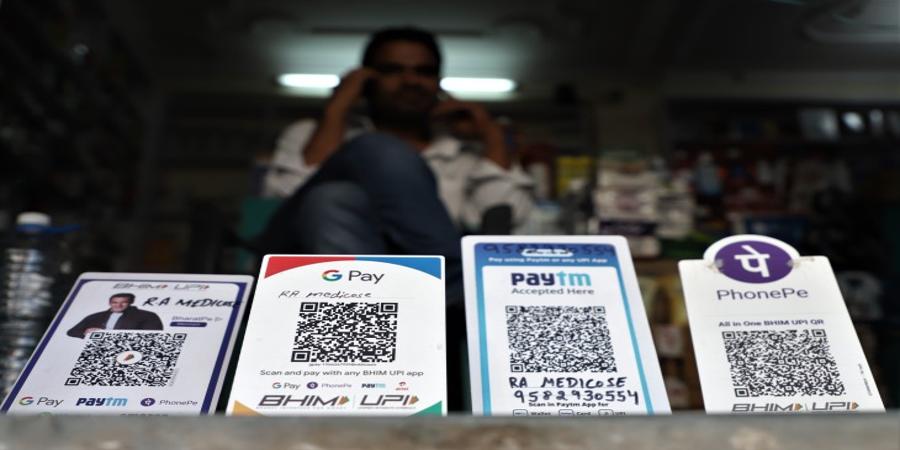India won’t enforce a check on the market share for players operating on the homegrown payments network until December 31, 2024 in a surprising extension to the deadline that analysts say is a major a win for the market leaders Google Pay and Walmart’s PhonePe in the South Asian market.
The National Payments Corporation of India, the regulatory body that oversees the Unified Payments Interface payments network, said on Friday that it reached the decision in part to ensure existing players had enough time to comply with the rules.
“Taking into account the present usage and future potential of UPI, and other relevant factors, the timelines for compliance of existing TPAPs who are exceeding the volume cap, is extended by two (2) years i.e. till December 31, 2024 to comply with the volume cap,” it said in a statement.
“In view of significant potential of digital payments and the need for multi-fold penetration from its current state, it is imperative that other existing and new players (Banks and Non-Banks) shall scale-up their consumer outreach for the growth of UPI and achieve overall market equilibrium.”
UPI is a peer-to-peer payments infrastructure built by large banks in India and is backed by the Indian government. It has become the most popular digital payments method in the country in recent years, processing more than 7.3 billion transactions in October, up from 4.2 billion during the same period a year ago.
PhonePe and Google Pay command over 85% of the UPI market share even as over a dozen players also compete in the space.
The new move is naturally seen as a loss for rivals such as Paytm that were hoping that NPCI, which is a special unit of the country’s central bank, will introduce checks on the growth of some players sooner — or even make up its mind about a timeline.
NPCI initially planned to enforce the market cap rules in January 2021, saying it would limit any single payments app from processes more than 30% of UPI transactions in a month, but has postponed the timeline several times since.
It originally saw the need to enforce a market cap check to address the “risks” and “protecting the UPI ecosystem as it further scales up.”
At stake is India’s payments market that is estimated to be worth $1 trillion in the next two to three years, up from about $200 billion in 2020, according to Credit Suisse.
Sameer Nigam, co-founder and chief executive of PhonePe, said the firm has long-protested the idea to put a check on the market cap because “there is no way for any market participant to reduce their own market share without actively denying service to the end customer.”
He said for PhonePe to comply with a market cap check, it would have had to deny UPI services to tens of millions of Indians. He said the new regulatory circulator “acknowledges that the burden is on other existing and new UPI players to invest more time, effort & money to increase their own UPI market share.”
“Failing that, the organic market share of participants in the UPI industry will not change significantly, and NPCI will have to keep extending the market cap indefinitely. This constant uncertainty is not helpful for anyone in the entire UPI ecosystem – incumbents or challengers.”
Source @TechCrunch



